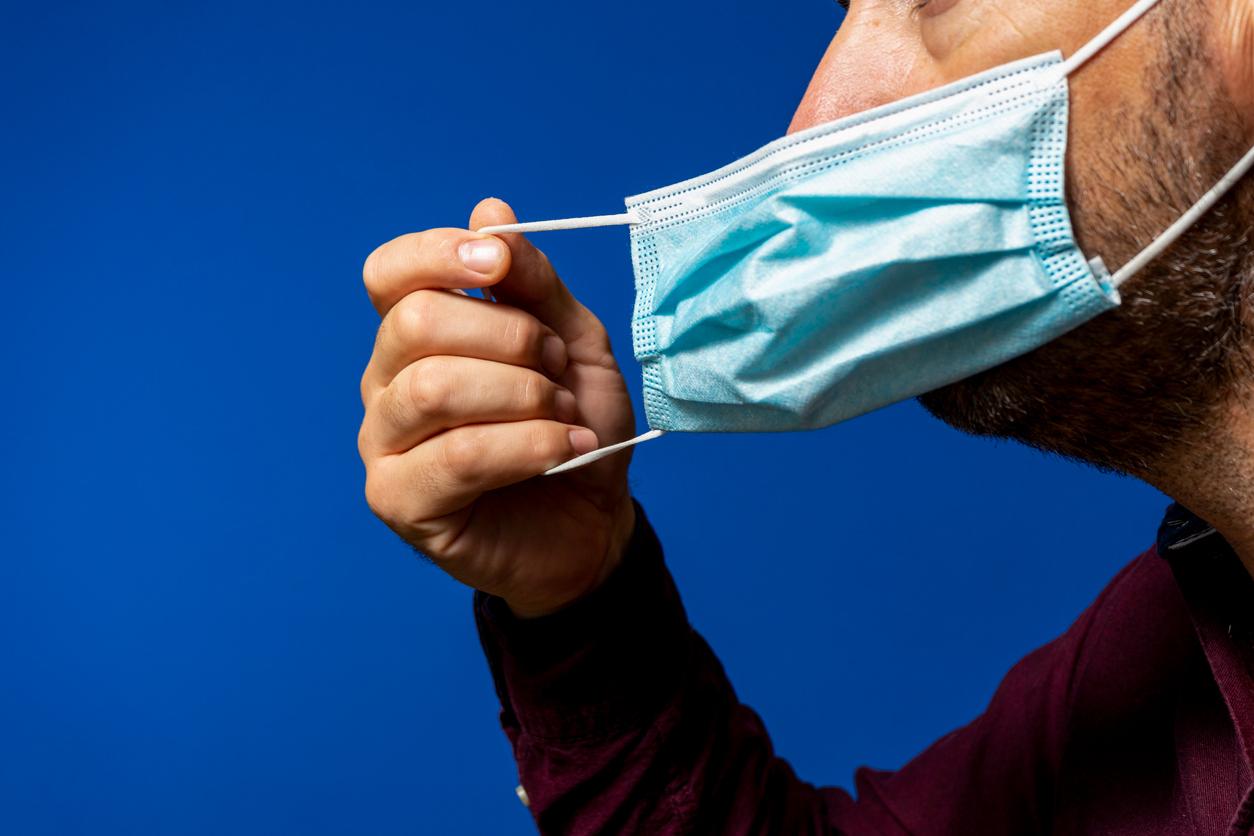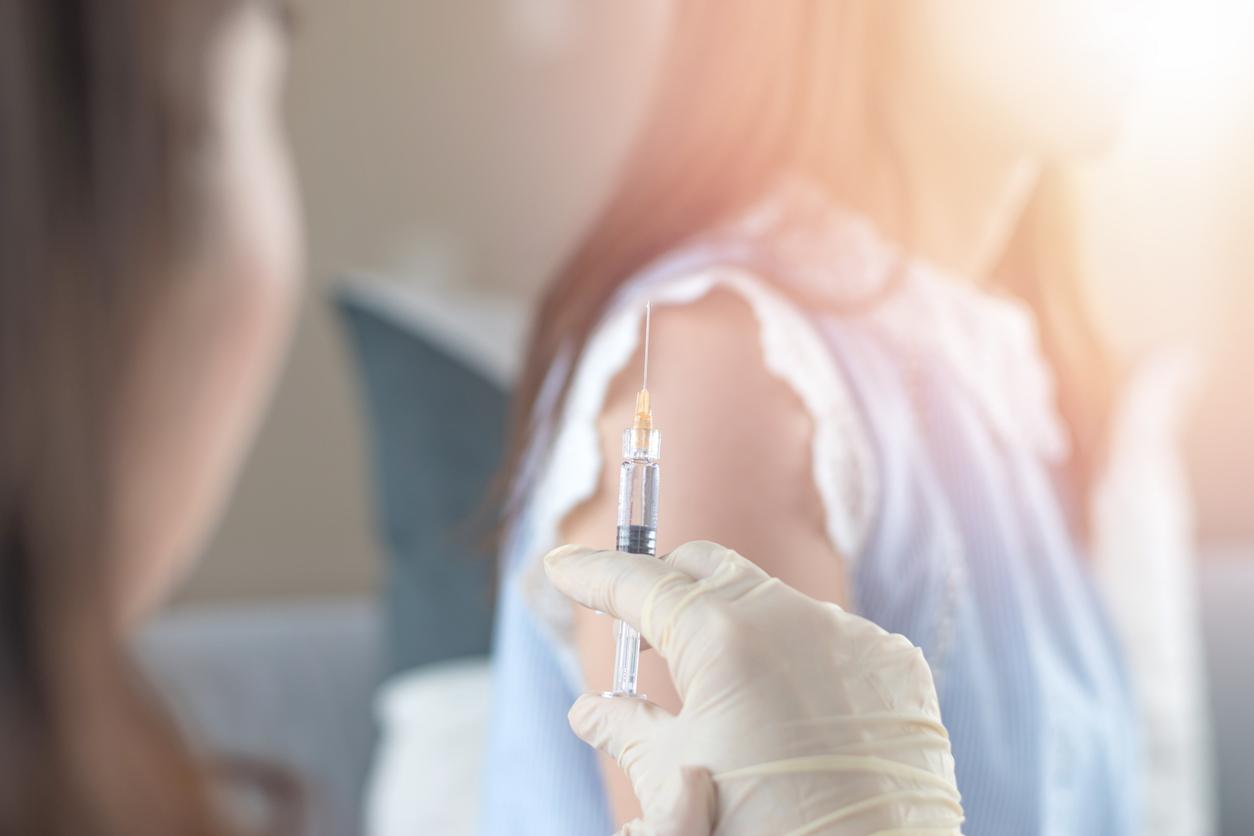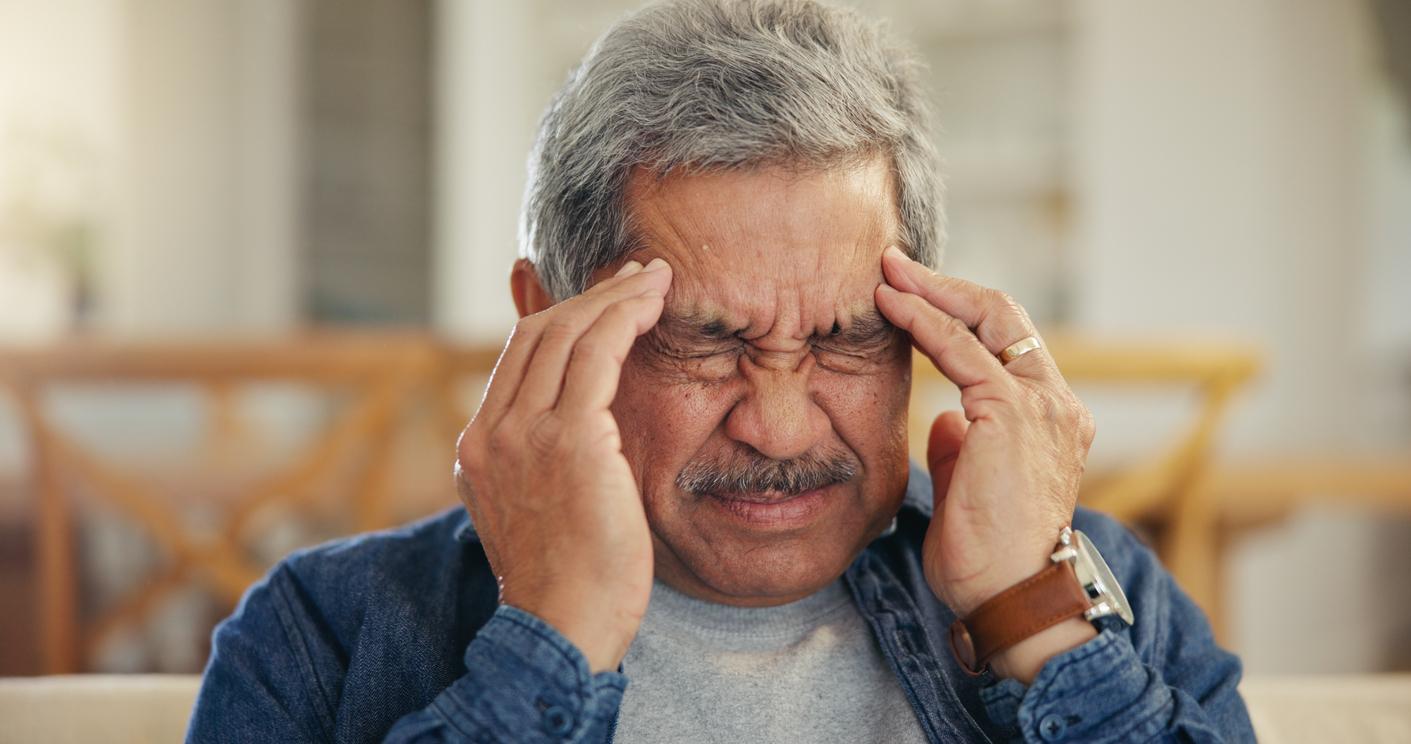What can people who have been vaccinated against Covid-19 do? Why doctor disentangles the true from the false.

Since the start of the vaccination campaign against Covid-19 in France, 8,259,656 people have received at least one injection (i.e. 12.3% of the total population and 15.7% of the adult population), and 2,797 060 people received two injections (i.e. 4.2% of the total population and 5.3% of the adult population). Here’s what vaccines do and don’t do.
You can be infected with Covid-19, even if you are vaccinated
True. Current vaccines provide 100% protection against serious forms, but only a 95% risk of being infected.
We must keep the barrier gestures, even vaccinated
True and false. It all depends on whether we seek to protect ourselves completely from the coronavirus, or whether we simply seek to avoid serious forms. In the first case, barrier gestures must be maintained. In the second, they can be abandoned, provided they are with a vaccinated person, or unvaccinated people at low risk of complications (ie children and young people). If we find ourselves with an unvaccinated person at high risk of dying from covid-19 (the elderly or frail), we must maintain barrier gestures. Ditto in a crowd, because we do not know who is vaccinated or not, nor who is fragile or not.
We must always wear the mask, even vaccinated
True and false. The mask must be worn when barrier gestures must be respected, according to the situations described above.
To abandon barrier gestures and the mask, you have to wait for the second injection
True. The abandonment of barrier gestures and the mask should only be considered once the effect of the vaccine has been fully achieved, i.e. two weeks after the second injection.
We are protected forever from Covid-19 once vaccinated
False. Vaccines are known to protect against coronavirus for at least six months, and probably several years. But to know how long this immunity really lasts, it will be necessary to wait for more hindsight.
.

















